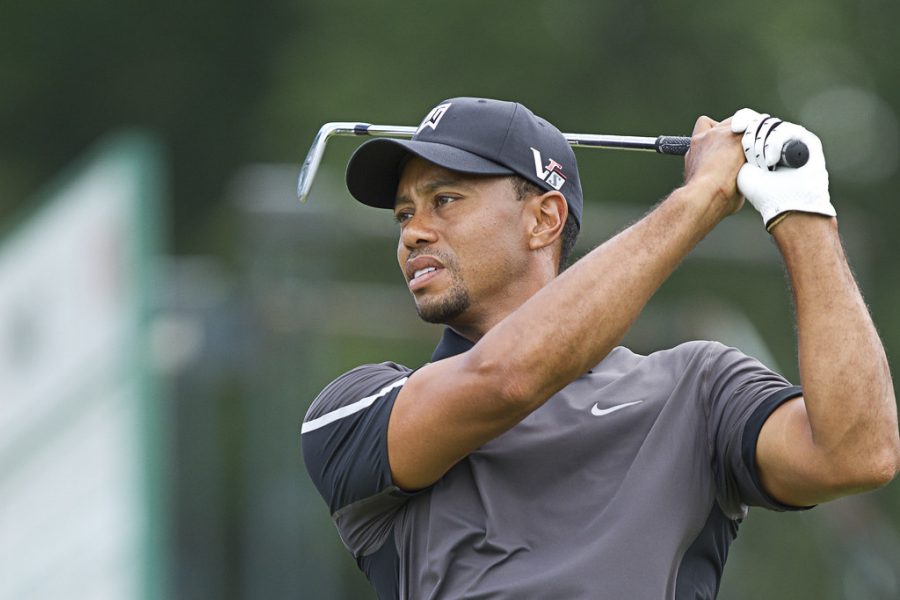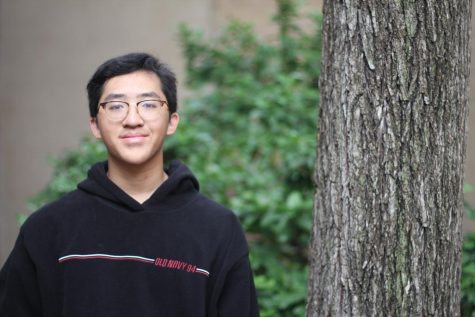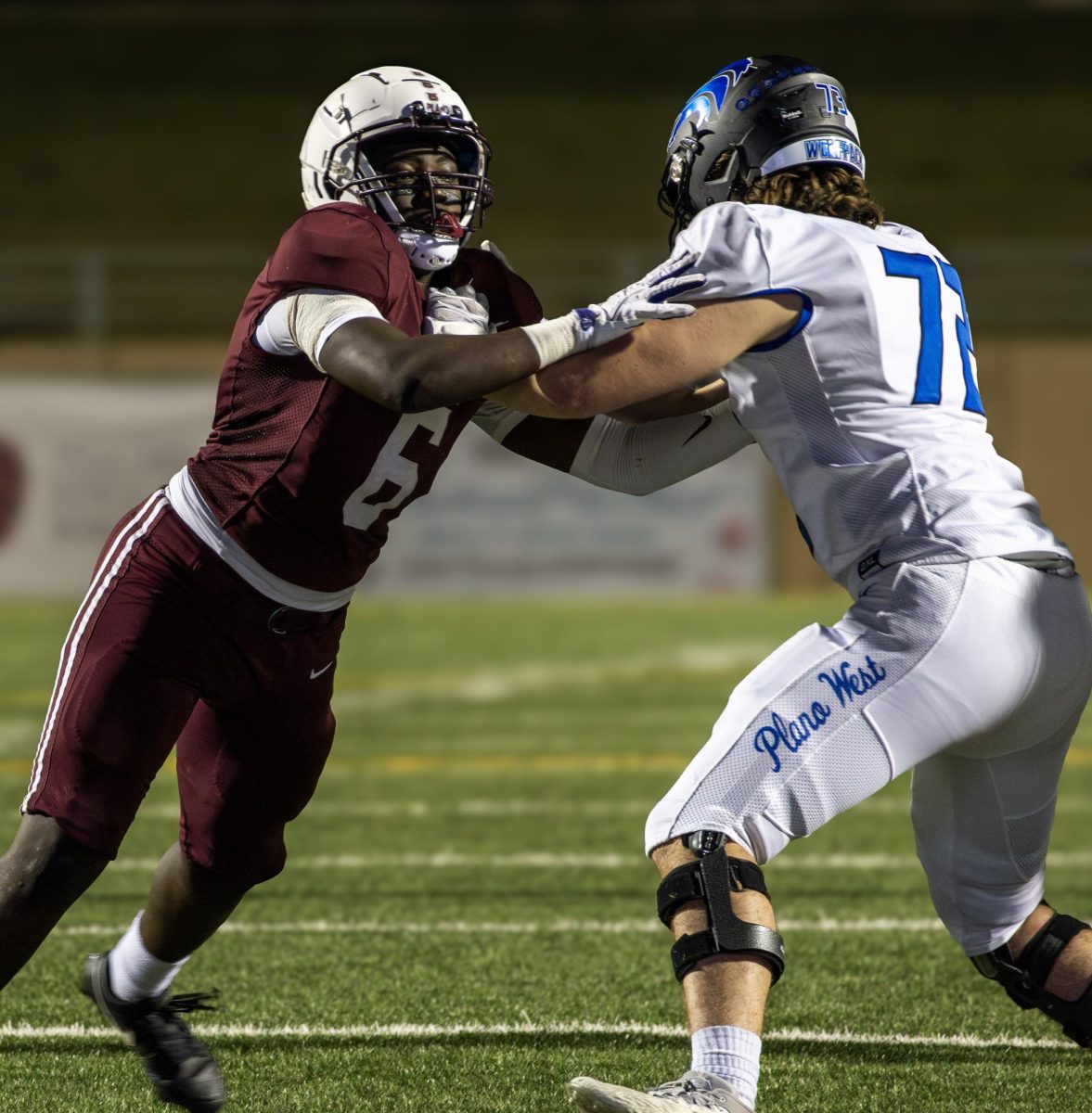Tiger manages Masters
Finally beating mental, physical ghosts
Tiger Woods completing a follow through after a powerful swing of his club.
May 22, 2019
After 11 years of drought, Tiger Woods, legendary golfer, kept his mental composure throughout four long rounds to win the 83rd Masters tournament.
His exhibition of athleticism, skill, and physical excellence is only a small piece of the puzzle when it comes to the unpredictable game of golf. He pulled off the greatest comeback when it seemed impossible, and it wasn’t because of his skill.
He’d won his last Masters title 14 years ago. All eyes were on him, many of those eyes with doubt. It was only two years ago that Woods believed his career was over because of a serious back condition, he’d undergone four major back surgeries.
Woods’ victory at Augusta National golf club not only demonstrated persistence, but it illuminated the essential need for emotional intelligence in the real world. However unruly the game is, Woods was able to control an uncontrollable game, but through his own mental state.
Joe LaCava, the golfer’s caddie, gave Woods three words of advice that teach a major lesson.
“Intense but loose,” LaCava said in an interview published by Golfdigest.com.
No matter how skilled Woods is, no matter how skilled any professional athlete is, it takes more than that. It’s the ability to maintain confidence under immense amounts of pressure, which was prevalent in the back of his mind. LaCava said that he didn’t need to carry the weight of the world.
Though Woods’ played the game, his family, his caddie, team and the fans all contributed to his success in the tournament. They empowered him with the support that he needed to be confident.
“To have both Sam and Charlie here,” Woods said, “For them to see what it’s like to have their dad win a major championship, I hope that’s something they will never forget.”
Despite his confidence that he had to direly maintain, the golfer must also maintain their composure until the very end. It’s a gentleman’s game, the player makes their emotions work for them, instead of against them. The players are against themselves, not each other.
As Woods approached the scoring tent to officialize his scores, previous Masters title winners greeted him to the golfer
“I’m not crying yet,” Woods said to golfer Bubba Watson.
It wasn’t until the final trek to the officials did he finally let his emotions overcome him after the long 72 holes of mental turmoil.
Nevertheless, the confidence that was displayed through Tiger Woods’ game was the highlight of the tournament because it’s been with him through thick and thin. He was fired up to take the big shots, but hardly overwhelmed by tough shots. Intense but loose.
“I don’t know if I dreamt about it, but I pictured it. I wouldn’t have stuck around if I didn’t think he was capable of pulling something like this off. He is Tiger Woods after all, right?” LaCava said.
It’s difficult to disagree with LaCava and his wisdom on emotional intelligence and anxiety. Those three words are ingenious and are a very simple way to think positive thoughts. Woods persisted through the pressure, not only with finesse, but with courage.








